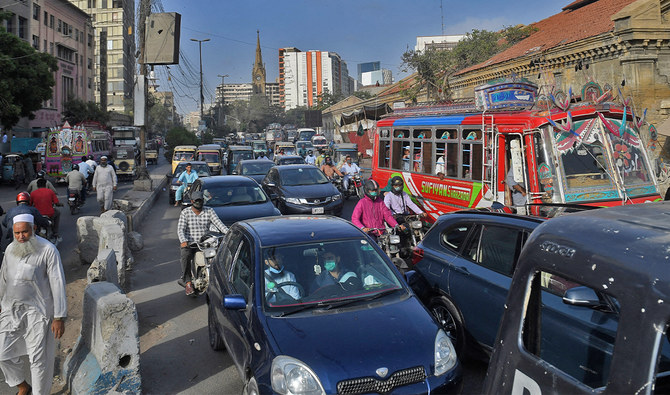KARACHI: The ride sharing platform Careem celebrated one billion ride hailing trips across the Middle East, North Africa and Pakistan, a statement from the company released on Tuesday said, with Pakistan, Saudi Arabia and Egypt listed as the countries with the highest number of rides.
Careem Captains have driven over nine billion kilometers across more than 80 cities over ten years. Careem’s first ride took place in the UAE in September 2012 and was booked manually before the first line of code was written from Pakistan a few months later.
Careem expanded in popularity across the region as the first ride-hailing platform to offer cash payments. The percentage of Careem rides paid for digitally has grown from 31 percent in 2016 to 44 percent in 2022.
Careem’s one billionth trip was completed in Qatar by Captain Razak Uppattil from Kerala, India, who has been driving with Careem for four years and has completed over 10,500 trips on the platform. To celebrate this milestone, Careem gifted Uppattil a trip to his hometown in Kerala.
“The countries with the highest number of rides recorded are Pakistan (299 million), Saudi Arabia (242 million), and Egypt (230 million),” Careem said. “The longest single ride covered 1,113 kilometers, from Riyadh to Jazan in Saudi Arabia in 2020. The shortest single ride was a 200 meter trip in Lahore.”
The one billionth passenger was Genera Tesoro, a Careem customer from the Philippines who works as a receptionist at Padel In Aspire Zone in Doha. Genera completed more than 50 trips per month and said she chose Careem because it was a more affordable option.
“Reaching the incredible milestone of 1 billion rides is thanks to the hard work of our Captains and colleagues as well as the trust that our customers have placed in us,” Mudassir Sheikha, CEO & Co-founder of Careem, said.
“We feel blessed to have made it easier for people to move around and to have created earning opportunities for more than 2.5 million people. The opportunity ahead is large and humbling — our region is full of untapped potential and there’s so much more we must do to simplify and improve life for people in the region.”
Captain Uppattil, who completed the one billionth ride, commented:
“I thank God to have completed the 1 billionth trip. I have been at Careem for about four years and have so many favorite moments. It’s the people that I get to meet from all over the world that I really enjoy. I have three children back home in Kerala, India, and I am so excited to see them soon.”
Careem has more than 50 million registered customers, and 2.5 million registered Captains who have collectively earned over $4 billion in earnings to date. The highest number of trips recorded by a Careem Captain is 35,139 trips by a Captain in Jordan. The highest number of rides booked by a Careem customer is over 9,500 rides by a customer in Saudi Arabia.
Careem offers over a dozen services including ride-hailing, food and grocery delivery, micro-mobility, payments, and partner services including home cleaning, car rental, event bookings, and on-demand laundry services.
















